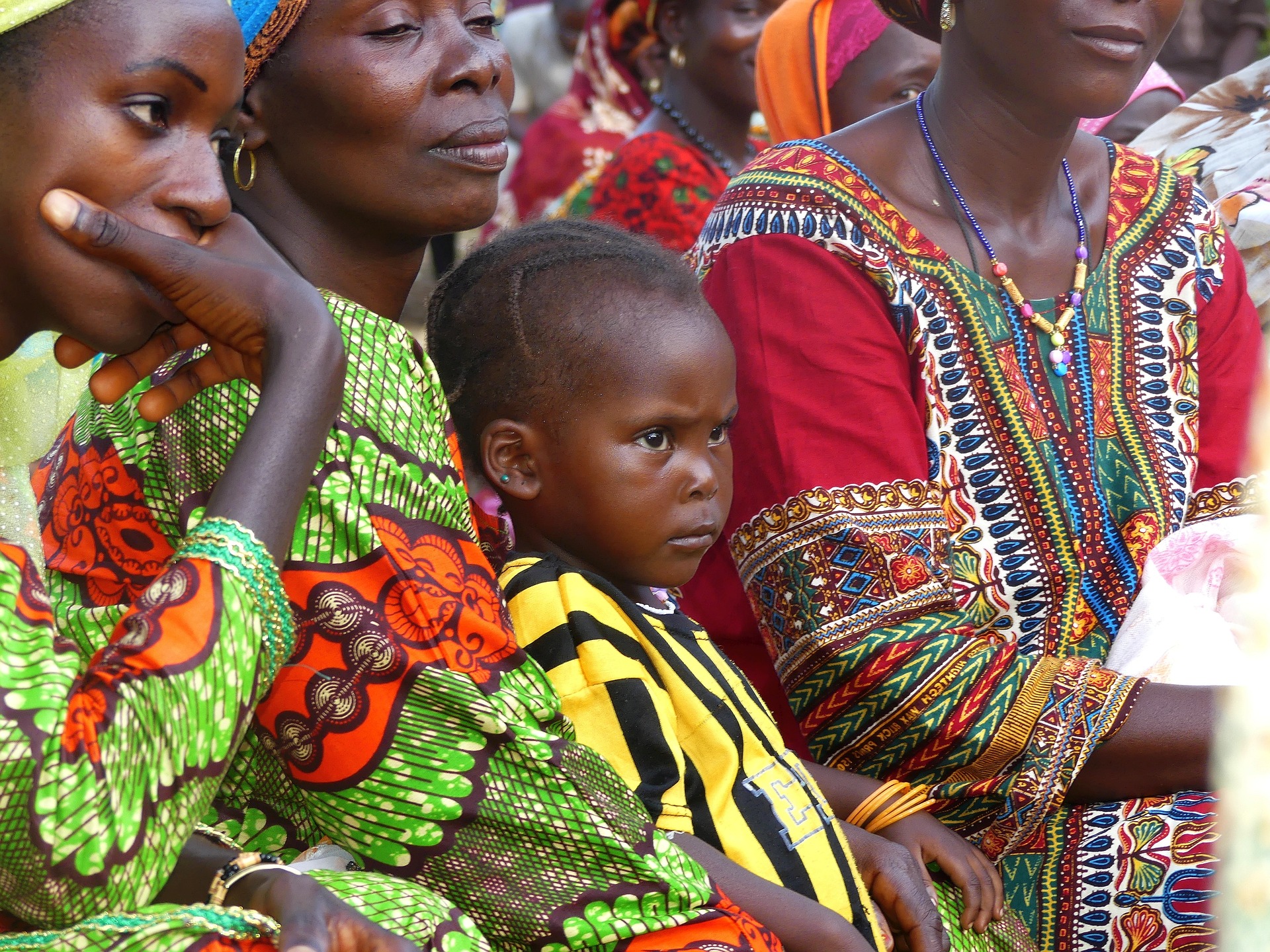Humanitarian emergencies increase the risk of gender-based violence, or violence that occurs based on socially ascribed gender differences. Recently our team at Johns Hopkins School of Nursing published a study on gender-based violence in Somalia, a country that has faced decades of war and natural disasters that have resulted in massive population displacements.
Somalia’s Humanitarian Emergency
Somalia is on the horn of Africa bordered by Ethiopia, Kenya, and Djibouti. Like most other countries in Africa, Somalia was colonized by European nations during the late 1800s. On July 1, 1960 the country was granted independence; however, civil war began in 1969. There was internal clan warfare compounded by the divisive legacy of European colonialism and war with Ethiopia and other neighboring states. In 1991, Somalia’s government collapsed in the midst of dwindling foreign aid, drought, the destruction of social and economic infrastructure, asset stripping, ‘clan-cleansing’ and the disruption of food supplies which caused a famine that killed an estimated 250,000. Additionally, 1.5 million people fled the country, and at least 2 million were internally displaced.
Endless War: A Brief History of the Somali Conflict
Somalia is one of seven countries (with Iran, North Korea, Syria, Libya, Yemen, and Venezuela) now listed in President Trump’s travel ban that blocks nationals from entering the country. The travel ban was held up by the Supreme Court in June 2018. According to the State Department, the vast majority (over 70%) of refugees resettled in the U.S. in 2016 were women and children, many fleeing violence, depravation and exploitation. The travel ban limits women and their families’ ability to reunite with members of their family who reside in the US (an estimated 87,000 Somalis are legal residents), to rebuild their lives, and make meaningful contributions to our country.
Lifetime prevalence, correlates and health consequences of gender-based violence victimisation and perpetration among men and women in Somalia
The study we recently published was a collaborative effort among us, the governmental ministries of Somalia’s three regions (Southern Central, Puntland and Somaliland), as well as intergovernmental agencies, international non-governmental organizations (NGOs) and local NGOs. The study’s goal was to estimate the prevalence of gender-based violence victimization and perpetration among women and men in urban settings.
Researchers talked with 2376 women and 2257 men ages 15 years and older who lived in 14 urban areas across Somalia, and found that gender-based violence is prevalent and spans across all regions of Somalia, including regions without prolonged conflict. Further, gender-based violence is experienced across the lifespan for women and men, but the types of violence they experience differed.
- Among women, 35.6% reported adult lifetime experiences of physical or sexual intimate partner violence and 16.5%) reported adult lifetime experience of physical or sexual non-partner violence.
- Almost one-third of men reported victimization as an adult, the vast majority of which was physical violence.
- Childhood experiences of violence were common, and exposure to parental violence and violence during childhood were associated with intimate partner violence and non-partner violence victimization and perpetration among women and men.
- Men and women most commonly reported that they knew their perpetrator(s), including intimate partners, fathers/stepfathers, other family members, neighbors and teachers.
- Being displaced from home and membership in a minority clan was associated with gender-based violence and victimization.
- Gender-based violence has important associations with health for both the victim and perpetrator. Victimization and perpetration of gender-based violence was strongly associated with recent depression and experiences of miscarriage and stillbirth.
- Programs that support nurturing environments for children and provide health and psychosocial support for women and men are critical to prevent and respond to gender-based violence.
A major finding of this study is that violence is not unique to conflict-affected areas in Somalia. Researchers believe that programs to prevent and respond to gender-based violence should be brought to scale in both conflict and non-conflict areas, with particular attention to displaced and minority populations.
ABOUT THE AUTHOR

Nancy Glass, PhD, MPH, RN, FAAN, is Associate Director for Johns Hopkins Center for Global Health, Independence Chair in Nursing Education, and a Professor at Johns Hopkins School of Nursing. She conducts clinical and community-based intervention research with diverse populations across multiple settings domestically and globally.
